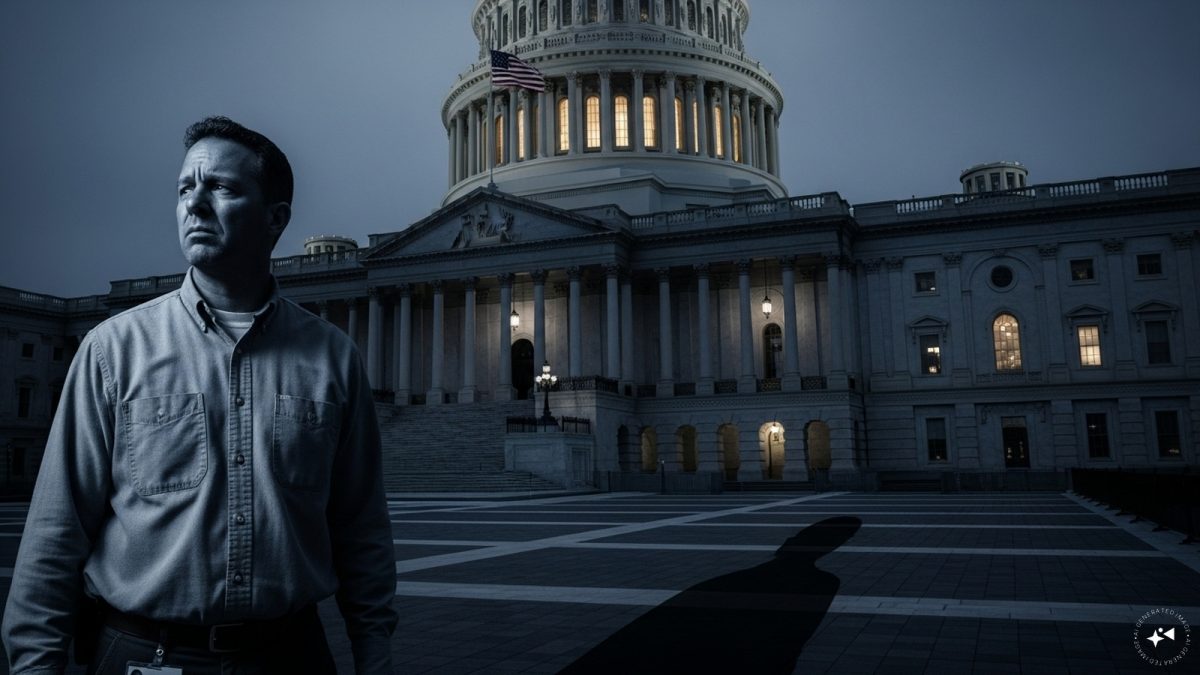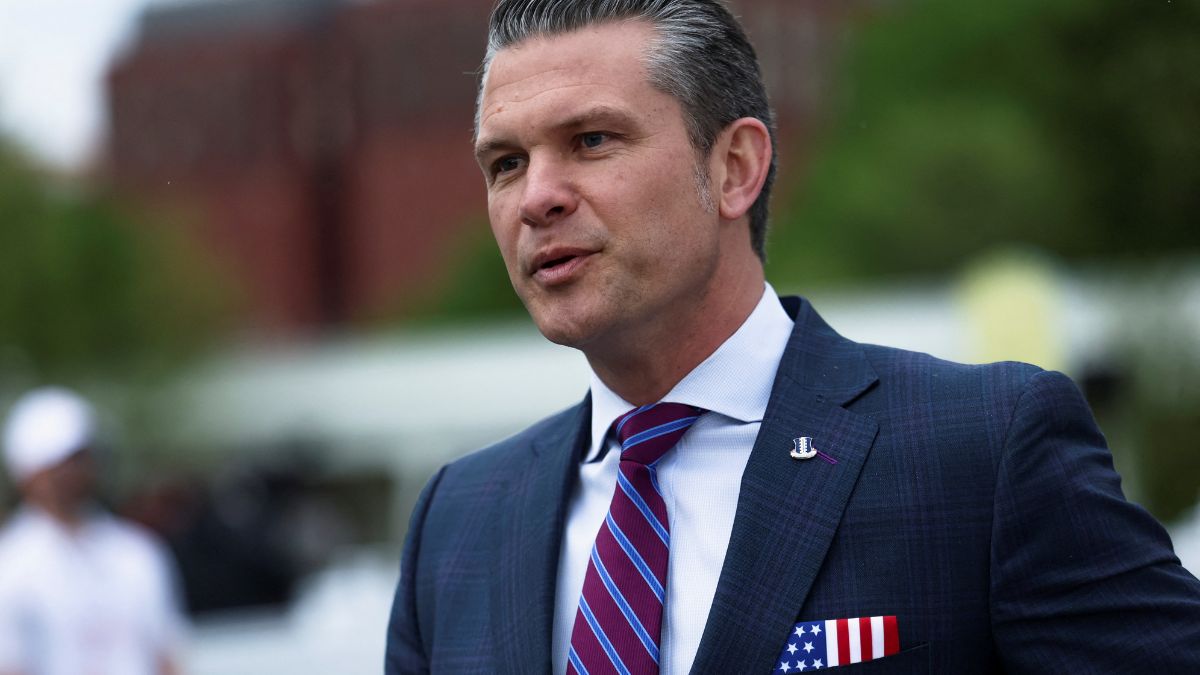President Donald Trump’s administration has raised the stakes in a showdown with U.S. Senate Democrats over a looming partial government shutdown, threatening to permanently remove workers from some federal agencies if funding runs out next Tuesday.
President Donald Trump’s administration has intensified its standoff with Senate Democrats over a potential partial government shutdown, warning that some federal agency employees could be permanently removed if funding lapses next Tuesday.
In a memo released late Wednesday, the White House Office of Management and Budget—central to Trump’s push to significantly reduce the size of the federal government—asked agencies to identify programs, projects, and activities that would lose discretionary funding on October 1 if Congress fails to pass a funding bill to keep the government open.
“Programs that did not benefit from an infusion of mandatory appropriations will bear the brunt of a shutdown,” the OMB said in the memo, which the White House provided to the media.
The memo told agencies to submit their proposed reduction-in-force plans to the OMB and to issue notices to employees if they are ultimately shut down.
The memo revealed shutdown planning that the Trump administration has kept quiet about until now. It was also part negotiating tactic, with six references in a short document to how Democrats voted against the Republican stopgap funding bill last week.
The federal government is on the brink of its 15th partial shutdown since 1981 because lawmakers have failed to agree on a plan for discretionary funding for the new fiscal year, or about one-quarter of the $7 trillion budget.
On September 19, the Republican-controlled House of Representatives passed a stopgap bill to fund the government through November 21. Senate Democrats rejected it, demanding that any legislation undo recent cuts to healthcare programs.
“This is an attempt at intimidation,” Senate Democratic leader Chuck Schumer said in response to the OMB statement. “Donald Trump has been firing federal workers since Day One – not to govern, but to scare.”
Schumer’s shrugging off the threatened mass firings as intimidation is a change of Democratic strategy from a battle earlier this year in which a shutdown was avoided.
Since the first week of the Trump administration, Schumer has railed against OMB leader Russ Vought, calling his plans “dangerous” to working people and to America.
Upon taking office in January, Trump launched a campaign to downsize the 2.4 million-member federal civilian workforce. Roughly 300,000 federal civilian workers will have left their jobs by the end of 2025, Office of Personnel Management Director Scott Kupor told Reuters in August.
About 154,000 of those employees accepted a buyout and are slated to drop off the U.S. government’s payroll on September 30, the last day of the government’s fiscal year.
When Congress faced a funding fight in March, Schumer and top Democrats worried about how Trump could use a government shutdown to propel the downsising of the federal government.
Schumer voted with nine other Senate Democrats in March to deliver the necessary votes to pass stopgap funding. Many rank and file Democrats, including leaders in the House, criticized leaders for failing to stand up to the Republican administration.
Healthcare push
Now, Schumer and others are more emboldened, arguing that more Americans are questioning the administration on a range of topics so the time is right for Democrats to use their leverage to push for healthcare fixes.
Republican leaders have so far held off on negotiating with Democrats and said the healthcare issues could be addressed later.
“These dedicated workers have nothing to do with the ongoing political and policy disputes that have brought us to the brink of a shutdown,” Senator Chris Van Hollen, a Maryland Democrat who represents many federal workers near the nation’s capital, said in a statement. He called Trump’s threat “mafia-style blackmail.”
Legal dynamics of a shutdown
The Trump administration already has the authority to lay off employees so long as it gives them at least 60 days’ notice, according to federal regulations. That period can be shortened to 30 days with approval from the Office of Personnel Management.
Federal law does not give the administration the authority to fire federal staff during a shutdown, said David Super, an appropriations law professor at Georgetown University.
Trump on Tuesday scrapped a meeting with top congressional Democratic leaders to discuss government funding. Democrats said this obstructed a possible solution to the impasse.
A shutdown would not affect major federal benefits programs such as Social Security and Medicare, and functions such as law enforcement and air traffic control would continue. But hundreds of thousands of federal workers who perform functions like gathering economic data and running National Parks would be furloughed and the federal courts warned they could run out of money within a week of lapsed funding.
With inputs from agencies
End of Article

)
)
